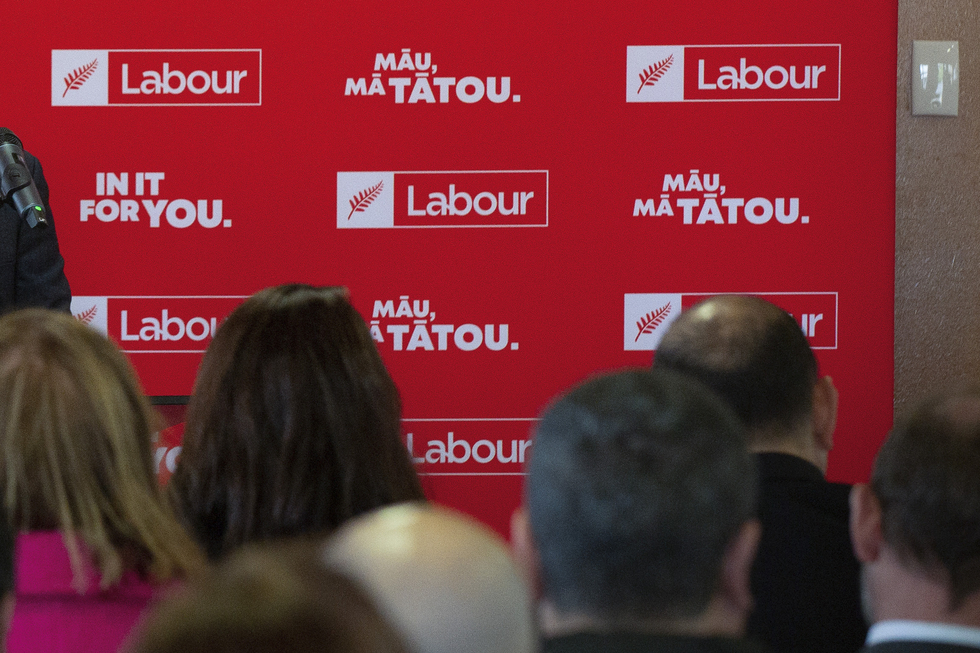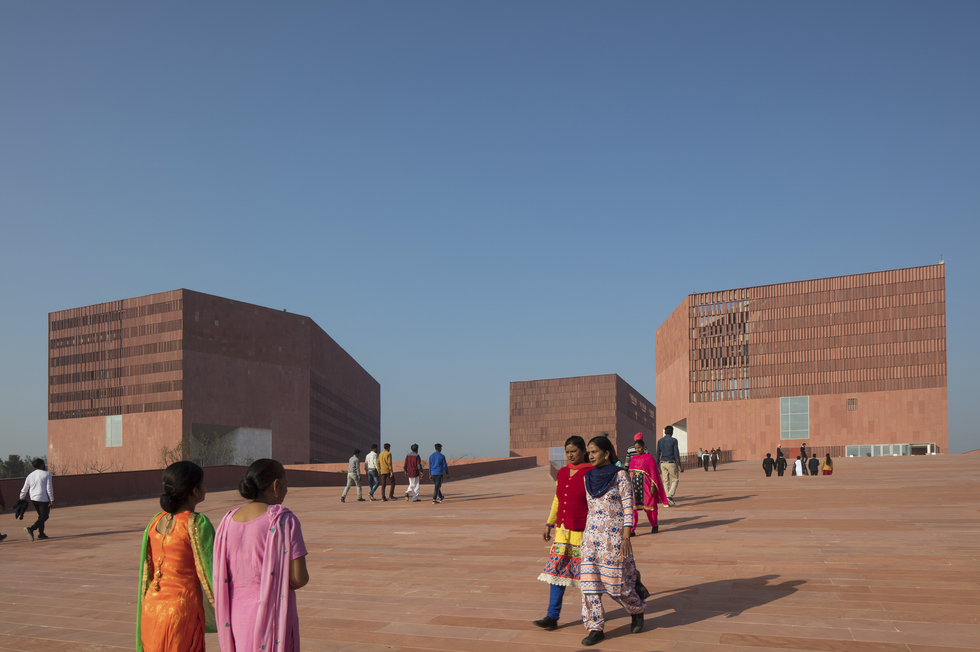Untapped potentials: Diaspora involvement for good labour migration policies

The member organisations of the African-German Working Group (A.D.A.G.E.) have been politically and operationally committed to transnational labour and educational mobility for many years. We spoke to the Chairman of the A.D.A.G.E. Board, Dr Rachid L'Aoufir.
What would Germany have to do to be more attractive in the competition for labour from third countries?
Rachid L’Aoufir: Firstly, a suitable climate would have to prevail in Germany, which would contribute to the removal of mental and institutional blocks right up to the HR departments, e.g. with regard to the recognition of foreign qualifications and the culture of job references. Secondly, the logic of recruiting skilled labour from third countries needs to be better communicated to the population. In everyday life, not everyone realises that the federal and state ministries have a mandate to ensure basic services for the population, for example in the area of healthcare. A bold communication campaign should explain that if not enough skilled workers can be recruited at home, then they must be recruited abroad. Thirdly, as Germany's economic and political competitiveness is at stake, the German government, in consultation with employers and the diaspora, should take a more strategic approach, including a systematic structuring of the global labour market and the targeted development of transnational talent pipelines for different sectors.
Are migration agreements the right way forward?
The German government is currently negotiating the conclusion of bilateral migration agreements with the intention of regulating both international labour mobility and the repatriation of persons without a residence permit. The advantage of these agreements is that they provide a framework under international law in which governments can formulate their mutual expectations. This helps to objectify the debates, moving away from crisis mode and towards strategic considerations. However, the success of implementation depends on the stability of diplomatic relations and the efficiency of administrative processes in practice for emigrants, e.g. with regard to obtaining visas.
Which wishes of migrant workers should be given special consideration?
Salaries that can support a family, access to good healthcare, a respectful working atmosphere and a good education system for children are important criteria. For immigrants who want to stay in Germany, uncomplicated family reunification and opportunities for further education are important. Discrimination based on origin must not be allowed. In order to distribute opportunities for advancement in Germany more fairly, the teaching of the German language must be improved for both adults and their children. From the perspective of the diaspora, the potential of immigrants who are already in Germany and familiar with the local social system should be better utilised. There are enormous untapped resources here.
Are diaspora groups sufficiently involved in the conceptualisation of recruitment initiatives or agreements?
As far as I know, diaspora organisations are not directly involved. However, there are channels through which the diaspora can communicate their political positions to the federal government. At the operational level, implementing and employer organisations only approach diaspora organisations on a very selective basis, e.g. to initiate contacts in the country of origin, for pre-integration measures or to facilitate a change of perspective in programme development. In order to reduce power asymmetries, forms of cooperation must be developed through which the knowledge and services of diaspora organisations can be remunerated in an unbureaucratic and fair manner. The added value would be that diaspora organisations could support the migration process, from the identification of talents in the country of origin to their employment in the destination country, from a single source in a flexible, close-to-life and people-centred manner. The interests of the immigrants and the challenges with regard to their social integration would be considered from the outset, which would lead to more sustainable solutions.
What services do diaspora groups already provide?
Numerous diaspora organisations are active in the social and professional integration of immigrants in Germany and work together with local authorities on a basis of trust. Many of these activities are possible thanks to public funding. The further removal of institutional barriers to accessing these public funds would release a great deal of potential. In their work abroad, diaspora organisations network stakeholders from the municipal to the transnational level, establish multi-stakeholder cooperation, transfer knowledge and information, organise international youth and expert exchanges, act as a corrective in government consultations and organise qualified further training for target groups. The state should do a much better job of recognising and promoting these intermediate spaces, which facilitate the structured transition from one society to another.
What would a modern immigration policy look like in your view?
Thanks to reliable transcontinental internet infrastructures, various forms of remote work and temporary or permanent emigration would complement each other. Policies would be people- and family-centred, transcontinental work and education spaces would emerge in which skilled workers could contribute professionally both in the destination country and in the country of origin without significant loss of status or income. The talents would be identified and promoted in the education system in close cooperation with the education authorities of the third countries. Numerous binational collaborations between educational institutions, attractive models of circular migration and sophisticated scholarship programmes would also facilitate transnational mobility thanks to qualifications and certificates that would be recognised in both countries. Private educational entrepreneurs who run language or vocational schools would work on the basis of strict quality management with regard to transnational labour mobility. Job profiles would be harmonised worldwide and internationally recognised further training opportunities would support career development. The right to freedom of movement would reach many more people.
The interview was conducted by Alexander Rosenplänter.
About
Dr Rachid L'Aoufir advises public administrations, research institutions and charities on international cooperation and diversity-oriented organisational development. He has launched numerous civil society initiatives, primarily to facilitate access to the labour market for young people and to make the voice of the diaspora politically heard. He chairs the African-German Working Group (A.D.A.G.E.), and manages transnational projects via Transnational Corridors e. V.
The opinions and statements of the guest author expressed in the article do not necessarily reflect the position of the Friedrich-Ebert-Stiftung.



